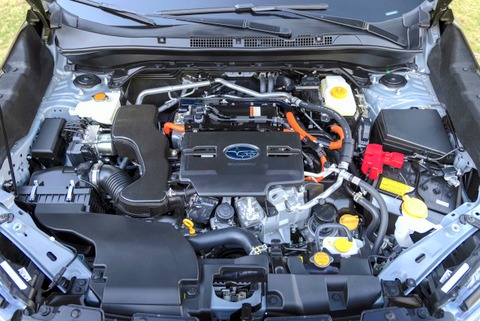Select the Correct Battery to Keep Your Car Dependable
Choosing the best car battery may be easy, but it is an important factor in the vehicle’s performance and reliability. Selecting the right battery for your vehicle will enhance the engine starting, decrease breakdowns and support the vehicle’s electrical systems. When it’s time for you to buy a new battery, there are many things to consider. Here are some tips to bear in mind.
1. Size and Compatibility
Every vehicle requires a specific battery size group (generally found in the owner’s manual). The group size denotes the physical size of a battery (length, width and height) and the position of any terminals. If you use the incorrect group size, you may experience fitting issues, loose connections or damage to the components surrounding the new battery. Be sure to check that the battery size fits the manufacturer’s specifications to eliminate any issues.
2. Brand Reputation
When you are dealing with something as important as your vehicle’s power source, brand reputation matters. The big battery brands often provide better reliability, warranties and customer service.
Reading reviews and asking for recommendations can point you to the right product. Quality brands put out better technology. They can provide you more security in extreme conditions and better peace of mind on longer trips. Once you are ready to buy, you can shop quality batteries at Warehouse Battery Outlet. They have a variety of brands and should be able to supply a good match for your vehicle.

3. Reserve Capacity (RC)
Reserve capacity is the amount of time, measured in minutes, the battery can power your vehicle when fully charged, should the vehicle alternator stop producing power. This is important if you have a heavy reliance on in-car electronics like navigation systems, entertainment units or any aftermarket equipment that consumes power. A greater RC means your vehicle will last longer on the battery only. You have more time to reach an auto repair facility should your alternator fail.
4. Maintenance Requirements
Car batteries can be bought as maintenance free, or low maintenance. Maintenance-free batteries are sealed and do not require fluid checks. They are quite popular with consumers. Low maintenance batteries do require periodic, but easy, maintenance to ensure peak performance, like adding distilled water, or checking the battery’s electrolyte level. If you want to eliminate maintenance issues, go with maintenance-free. Some consumers want the ability to service their batteries rather than rely upon someone else.
5. Warranty
A quality battery should have a good warranty, it can show how much the manufacturer believes in their product. Most good manufacturers of car batteries offer warranties between 30 to 48 months. An overall warranty is protection against manufacturing defects or degradation sooner than expected.
Endnote
Choosing a battery goes beyond price and familiarity. You have to also consider your vehicles specs, driving conditions and personal maintenance wants. Not only will buying the right battery help you get the most from your car’s usefulness, you will have reduced chances of experiencing sudden failure and additional expenses.
The post How to Choose the Right Battery for Your Vehicle first appeared on Clean Fleet Report.

